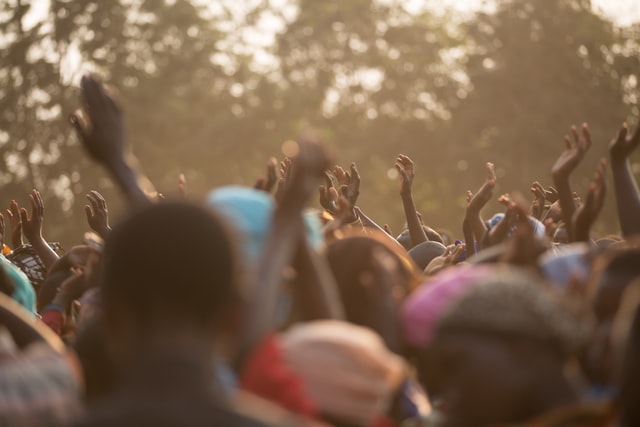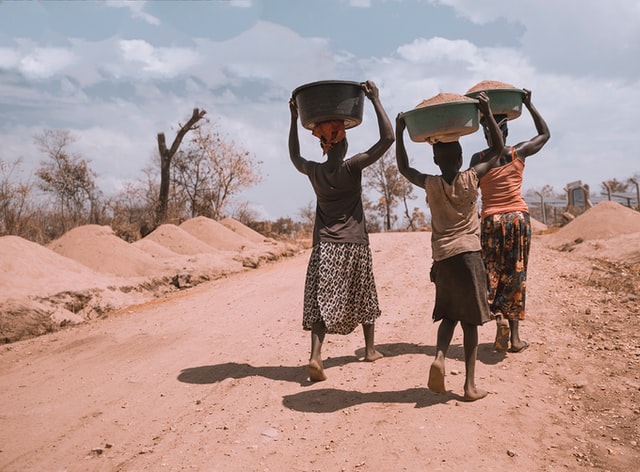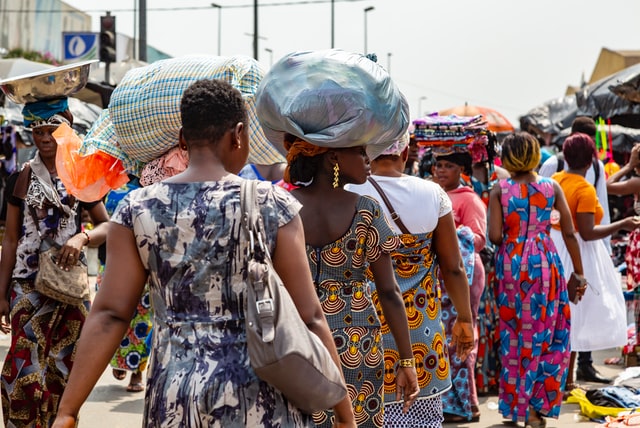Africans rejoiced when they gained independence from their European colonizers. It was a hard-fought victory, and the promise of self-rule was finally realized. But independence also brought many challenges that have hindered the progress of many African countries. In this article, we will discuss some of these challenges.

What are the Challenges of Post-Colonial Independence?
The most significant post-colonial challenge was that colonized Africans found it challenging to fit into the new system that the colonizers had left behind. Colonization brought an entirely new system of governance in terms of government departments, ministries, parliaments, and the education system. After gaining independence, Africans found it difficult to adapt to this new way of life. Most of them had been deprived of education by the colonizers.
Moreover, there were difficulties in reviving a country’s traditional and cultural values. During colonization, Africans were forced to abandon everything African to adopt the so-called ‘civilized’ world. This eroded indigenous elements such as religion, dress, social norms, and values. Most African countries have failed to revive their local flavor, and others are still struggling to celebrate their local identity.
The most important thing the colonizers took away was ‘identity,’ as they replaced African cultures with foreign ones. Africans used to identify themselves through clans, tribes, villages, names, and totems. All these factors are now invisible, and people must work hard to find their true identities.
Currently, indigenous languages are losing the battle against foreign languages such as French, English, Spanish, and others. Ngugi WaThiongo described language “as the carrier of people’s culture” [source]. This means that when Africans lost their indigenous languages, they also lost their culture.
The countries that gained independence after the fighting had to deal with a trail of destruction. Most service facilities were bombed during the war, so after independence, a lot of money had to be put into rebuilding the country and providing medical care for soldiers injured.
Today’s challenges in Africa are related to the mismanagement of funds that is crippling the economy. Politicians are accused of corruption, especially in deals with foreign countries interested in resources such as minerals in Africa. Africa has sold a lot of raw materials and resources to Europe and other continents but has nothing to show for it. Other continents have chosen to call Africa a ‘country’ because all African countries display the same signs of poverty. The term ‘third world countries’ refers to these countries. Corruption exists in every country, but it has destroyed the economy in Africa.
A big problem created by colonization is that Africans now import a lot from other continents instead of developing their things. They are too dependent on the so-called ‘developed nations’ to rely on themselves. This has led to heavy immigration of educated people, sports talent, and other business people who see other continents as ‘greener pastures. People in Africa want to get rich to go and live with the rich outside Africa.
The post-colonial era is a reservoir of problems.

Problems facing African countries after Independence
Soon after independence, African countries faced the dangers of adapting to a new system of government. The colonizers did not allow their ‘subjects’ to further their education, so they lacked the necessary skills to run the country. Only a few who managed to attend universities assumed leadership roles and enjoyed the spoils of nations.
Africans became subjects of foreign nations as they lost their culture, norms, and values. After independence, neocolonialism prevailed as foreign organizations siphoned off all resources and plundered into their countries. This was exacerbated by corrupt leaders who betrayed the struggle of the people. Colonizers’ independence in Africa was merely a change of faces; otherwise, nothing changed except that things got worse.
The haul of resources and corruption are at their peak, while the masses are mired in poverty. The importation of Western cultures is rising, and indigenous cultures are suffering. Other problems include the lack of national identity, decaying infrastructure, and inexperienced leadership [source].
Challenges facing Kenya after Independence
History shows that Kenya lacked the capital to undertake the major projects necessary for national development after independence. Kenyans’ other problems included corruption, weak consumerism leading to unemployment and poverty, reduced public investment, and fiscal austerity [source]. The biggest challenge was that most Kenyans could not make a living, and cities were overcrowded with unemployed people.
Basic services facilities are no longer efficient, and the once renowned, developed universities are losing their footing. The country has also been plagued by post-election violence on par with the Mau Mau uprising, and corrupt politicians have threatened the democratic system.
Kenya gained independence on December 12, 1963, after Kenyatta’s release, becoming Kenya’s first prime minister. However, the situation was more or less the same as that left by the colonizers.
Other African countries
The rest of the African countries face the same problems after independence. This is because the entire continent has been under the influence of the superpowers, and they have caused virtually similar damage to these countries. A survey of African countries shows that most of their indigenous languages are no longer celebrated, and the millennial generations are busy seeking greener pastures on other continents. In many countries, foreign religions such as Christianity, Islam, and Hinduism dominate the religious aspects.
Africa is made up of ‘developing’ countries. Only a few countries such as South Africa, Nigeria, Namibia, and the Arab-dominated countries of Egypt, Tunisia, Morocco, Algeria, and Niger are considered better. The rest of the countries struggle with unemployment, corruption, poverty, and poor infrastructure. When South Africa hosted the 2010 World Cup, it put Africa on the map, but most sports facilities in Africa are considered unsuitable for hosting such prestigious tournaments.
Economic collapse is another visible challenge. A common feature of African countries is poor health care, as evidenced by their handling of the Corona virus pandemic. At one point, Africa became the epicenter of positive infections, prompting Europe to ban travelers from Africa.







































